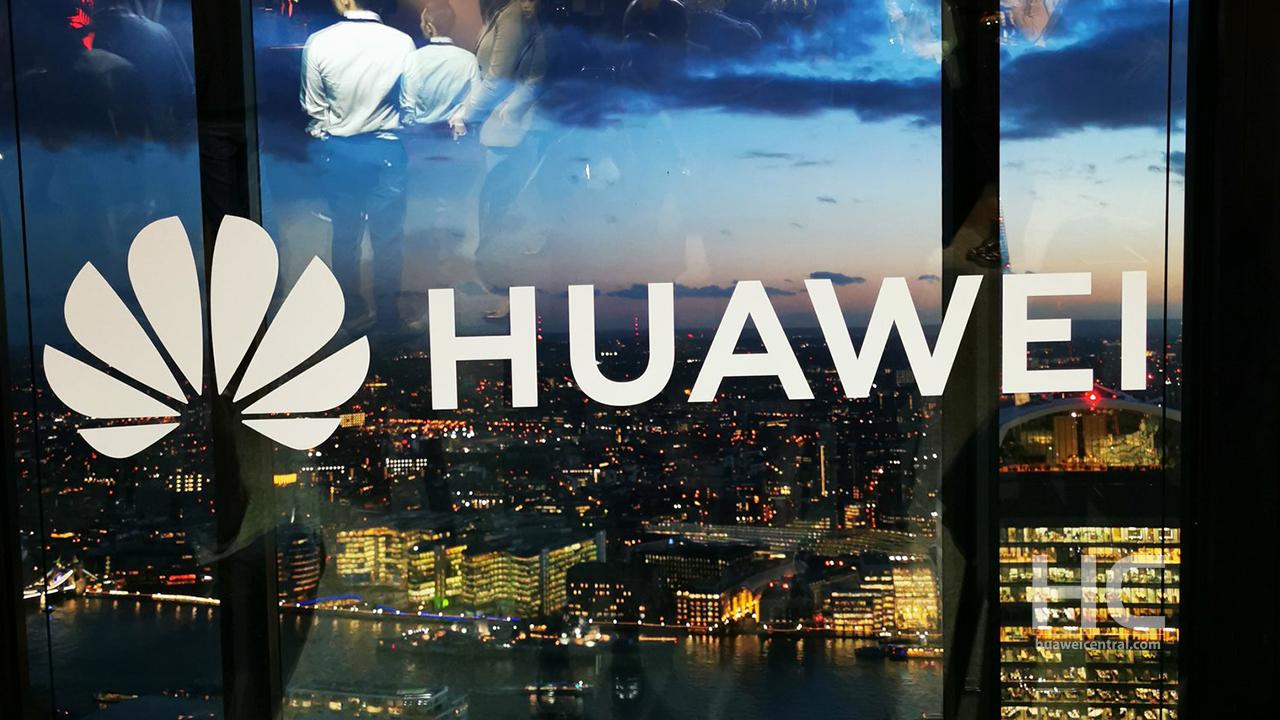News
Biden administration may review U.S. restrictions on Huawei

In May 2019, the U.S. Department of commerce included Huawei into the Entity List, which prohibits the Chinese tech giant from accessing U.S. technologies such as chipset and Google Mobile Services (GMS).
Before leaving the office, the Trump administration canceled the license of the Huawei suppliers, creating more problems for the company. However, there’s some new news that you should know about.
According to Reuters, Rhode Island Governor and nominee for the Head of the Commerce Department Gina Raimondo was asked about the future of Huawei and the Entity List.
[We will] review the policy, consult with you, consult with industry, consult with our allies and make an assessment as to what’s best for American national and economic security. Raimondo said.
However, this is not a clear answer but it surely suggests that the new president of the U.S. could make some changes in the Entity List or make other changes for the Chinese brand.
Aside from this statement, Raimondo also said that the U.S. telecom network will be free of the interference of the Chinese interference but she didn’t reference any company in particular.
Even though the Biden government does not allow Huawei to sell telecom equipment in the U.S. but it could allow U.S.-based companies to sell its components to Huawei to make business.
Just recently, the U.S semiconductor industry association (SEMI) requested the US Department of Commerce to re-examine the export sanctions implemented in 2020 on trading with China. SEMI said that the policies were enforced without public input and would harm domestic companies’ long-term global competitiveness.
SEMI is made of well know semiconductor makers including Broadcom, Intel, Micron Technology, NXP Semiconductors, and Samsung Electronics, and more.
Ajit Manocha, CEO of SEMI in a letter request the Department of Commerce to the agency to prioritize a review of rules blocking Huawei’s access to US chip technology, which he argued: “resulted in unintended differences in the scope of controls over certain foreign-made semiconductor production and test equipment, and other semiconductor devices”.
Currently, we don’t have a clue of what the U.S. is planning next for the Chinese tech giant but we’ll keep you posted on the developments.







